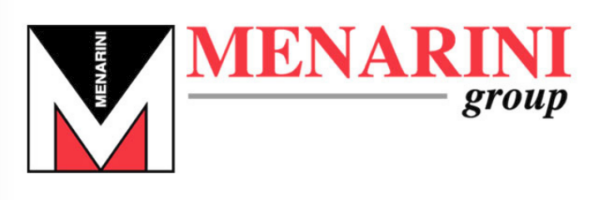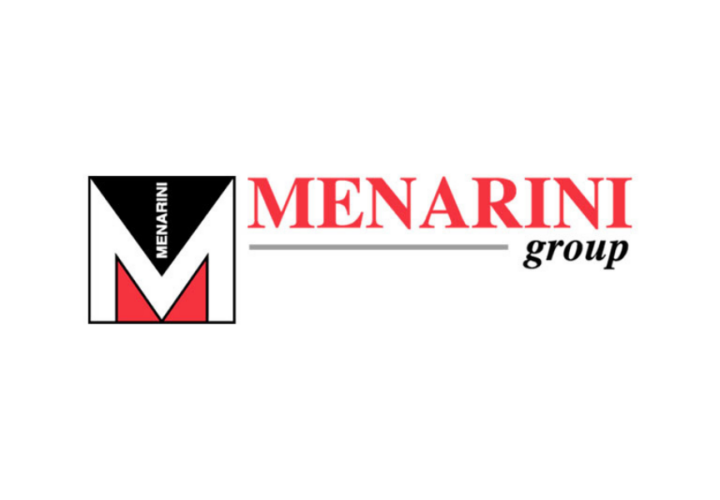
- Elacestrant, if approved, would be the first oral selective estrogen receptor degrader (SERD) to be available for patients suffering from 2L and 3L ER+/HER2- advanced or metastatic breast cancer
- Submission supported by results from the pivotal Phase 3 EMERALD study of elacestrant showing statistically significant efficacy over current standard-of-care (SOC) medications for both the overall study population and patients whose tumors harbor an ESR1 mutation
- U.S. FDA has assigned a Prescription Drug User Fee Act (PDUFA) date of February 17, 2023
FLORENCE, Italy and NEW YORK, NY, August 11, 2022 — The Menarini Group (“Menarini”), a privately held Italian pharmaceutical and diagnostics company, and Stemline Therapeutics (“Stemline”), a wholly-owned subsidiary of Menarini Group, today announced that the U.S. Food and Drug Administration (FDA) has accepted the Company’s New Drug Application (NDA) for elacestrant, an investigational selective estrogen receptor degrader (SERD), for patients with ER+/HER2- advanced or metastatic breast cancer. The FDA has granted the application Priority Review and assigned a PDUFA date of February 17, 2023.
The FDA grants Priority Review designation to medicines that it considers have the potential to provide significant improvements over current SOC in the safety and effectiveness of the treatment, diagnosis, or prevention of serious conditions. The FDA granted Fast Track designation for elacestrant in 2018.
“The FDA’s acceptance of our NDA with Priority Review marks an important regulatory milestone for our company,” commented Elcin Barker Ergun, Chief Executive Officer of the Menarini Group. “We look forward to working with the FDA during its review of this submission, which addresses a new potential therapeutic option for a major unmet need in the management of patients with advanced or metastatic breast cancer after resistance builds in the earlier lines of the treatment.”
The NDA submission was supported by results of the Phase 3 data from the EMERALD study. EMERALD met both of its pre-specified primary endpoints of progression-free survival (PFS) in the overall population and in patients with the ESR1 mutation (mESR1) compared to SOC endocrine monotherapy; the trial’s comparator arms were investigators’ choice of either fulvestrant or an aromatase inhibitor. The PFS rate at 12 months with elacestrant was 22.32% vs. 9.42% with SOC in the overall population, and 26.76% vs. 8.19% in the ESR1 mutation population. The clinical trial data showed that elacestrant reduced the risk of disease progression or death by 30% in all patients and by 45% in patients with ESR1 mutation. The data also showed a manageable safety profile.
Elacestrant is an investigational compound and is not approved by any regulatory authorities. The Marketing Authorization Application (MAA) has also been submitted to European Medicines Agency (EMA) in July 2022. More information about clinical trials with elacestrant is available at www.clinicaltrials.gov.
The Menarini Group obtained global licensing rights for elacestrant in July 2020 from Radius Health, Inc (NASDAQ: RDUS), who conducted and successfully completed the EMERALD study. Based on the positive phase 3 data, Stemline, with the support of Radius, submitted a New Drug Application (NDA) in June 2022 to the FDA. The Menarini Group is now fully responsible for global registration, commercialization and further development activities for elacestrant. Stemline, headquartered in New York City, will commercialize elacestrant if approved by the FDA. Stemline is focused on bringing transformational oncology treatments to cancer patients, and currently commercializes a novel targeted treatment for patients with blastic plasmacytoid dendritic cell neoplasm in both the United States and Europe.
About Elacestrant (RAD1901) and the EMERALD Phase 3 Study
Elacestrant is an investigational selective estrogen receptor degrader (SERD), which is being evaluated for potential use as a once-daily oral treatment in patients with ER+/ HER2- advanced or metastatic breast cancer. In 2018, elacestrant received Fast Track designation from the FDA. Preclinical studies completed prior to EMERALD indicate that the compound has the potential for use as a single agent or in combination with other therapies for the treatment of breast cancer. The EMERALD Phase 3 trial is a randomized, open label, active-controlled study evaluating elacestrant as second- or third-line monotherapy in ER+/HER2- advanced/metastatic breast cancer patients. The study enrolled 477 patients who had received prior treatment with one or two lines of endocrine therapy, including a CDK 4/6 inhibitor. Patients in the study were randomized to receive either elacestrant or the investigator’s choice of an approved hormonal agent. The primary endpoint of the study was progression-free survival (PFS) in the overall patient population and in patients with estrogen receptor 1 gene (ESR1) mutations. Secondary endpoints included evaluation of overall survival (OS), objective response rate (ORR), and duration of response (DOR).
About The Menarini Group
The Menarini Group is a leading international pharmaceutical and diagnostics company, with a turnover of $4 billion and over 17,000 employees. Menarini is focused on therapeutic areas with high unmet needs with products for cardiology, oncology, pneumology, gastroenterology, infectious diseases, diabetology, inflammation, and analgesia. With 18 production sites and 9 Research and Development centers, Menarini’s products are available in 140 countries worldwide. For further information, please visit www.menarini.com.
About Radius
Radius is a global biopharmaceutical company focused on addressing unmet medical needs in the areas of bone health, neuro- orphan diseases, and oncology. Radius’ lead product, TYMLOS® (abaloparatide) injection, was approved by the U.S. Food and Drug Administration for the treatment of postmenopausal women with osteoporosis at high risk for fracture. The Radius clinical pipeline includes investigational abaloparatide injection for potential use in the treatment of men with osteoporosis; the investigational drug, elacestrant (RAD1901), for potential use in the treatment of hormone-receptor positive breast cancer out-licensed to Menarini Group; and the investigational drug RAD011, a synthetic cannabidiol oral solution with potential utilization in multiple neuro-endocrine, neurodevelopmental, or neuropsychiatric disease areas, initially targeting Prader-Willi syndrome, Angelman syndrome, and infantile spasms.
Descargar nota de prensa


